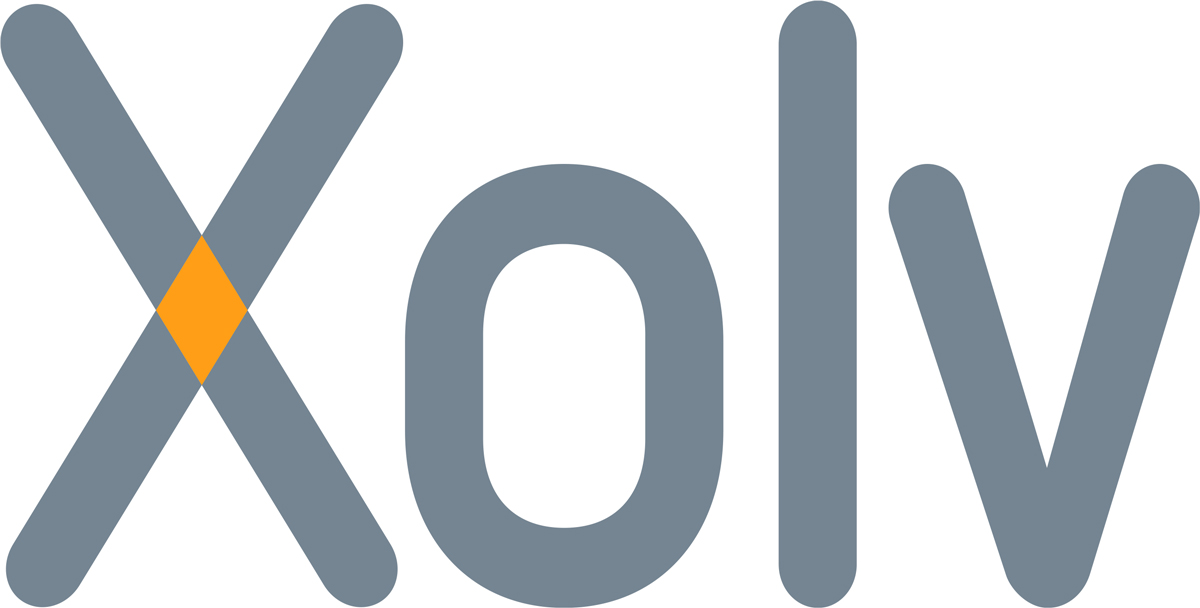Bank lending versus alternative financing
Twenty years ago, there were few alternatives or they did not amount to much. If it was a special credit request, the bank had its own specialised subsidiaries for that. Think of real estate financing and leasing. Meanwhile, two economic crises have passed and banks are reluctant to provide credit. This is not only because of the losses they suffered on loan portfolios, but also because of greatly increased laws and regulations.
This development as well as the increased level of automation in the business world has prompted many alternative financiers to emerge. Although the vast majority of business financing in the Netherlands still comes from banks, lending by alternative financiers is growing rapidly. The word alternative is now no longer justified as this market has now become quite mature. We will continue to use the term here anyway to distinguish it from bank lending. We see alternative financing as any business financing without the intervention of a bank. We list here the most well-known forms:
- Crowdfunding
This is a form of financing through an online platform that brings supply and demand together. The entrepreneur pitches his company with a short profile and explains what the requested financing is needed for. The entrepreneur also indicates in the profile what collateral is available and what the interest rate is. Private and corporate investors can subscribe to the application and when it is 'full', the platform makes the requested credit available. The platform's revenue model is a fee and management fee. You can launch a crowdfunding campaign for amounts starting from €25,000 to several million. We see a development that entrepreneurs are increasingly using this product for real estate financing. - Direct lending
Here, wealthy parties provide funding directly to companies. They usually work together and make the loans available through a fund. A major advantage is the speed of the process, the flexible conditions and the fact that these parties require little or no collateral. This makes this form especially suitable for somewhat larger companies that have been around for some time. Interest costs are usually higher than those of bank financing. - Fintech finance
This is a collection of startups that provide credit through an online platform using an automated process. In doing so, they use smart technologies such as algorithms that they use to identify risks. Because the entire application and granting process takes place online, the turnaround time of the process is very short, often only a few days, and costs are limited. Again, collateral plays a secondary role as they mainly assess the company's cash flow. Fintech financing is suitable for smaller and larger companies as long as they have been in existence for at least 3 years. - American Factoring or selling invoices
Factoring has been around for a long time, but in recent years more and more parties have emerged that not only finance a company's entire debtor portfolio, but are also willing to finance just one or a few invoices or debtors. You could also put this form under the heading of 'Fintech', as the whole process is also highly automated. Indeed, after buying the receivable, the financier transfers the money within just a few days. The reason why we name this group of financiers separately is the fact that they do not look so much at the financial position of invoicing company, but rather at that of the buyer. Therefore, it is not the company's cash flow that is important, but the security: the sold receivable.
There are also alternative financiers who use an online platform to lease assets or even real estate. Whereas 20 years ago, the Dutch financing market was very transparent, it is now an interesting mix of many dozens of providers, each with their advantages and disadvantages.
Want to know more?
Are you wondering which form of financing is best suited to your business? Xolv Finance can help you identify the parties that offer the optimal solution for your situation. Contact one of our specialists and we will be happy to help you!



